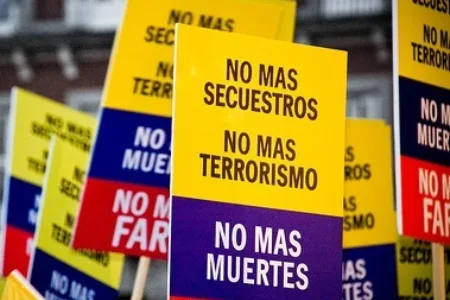Negotiations and possible spoilers in the Colombian peace process

The peace negotiations between the Colombian government and the Revolutionary Armed Forces of Colombia – People’s Army (FARC-EP) have generated considerable attention among the international community and a substantial level of domestic political support. This optimistic trend is linked to a new negotiating dynamic in which the government decided to abandon a militarised approach to the conflict and acknowledged the guerrilla movement as a legitimate political actor, while the FARC-EP opted to moderate its historical radical demands. The reasons behind this mutual moderation are both strategic and the result of a social learning process (i.e. the “prolonged” conflict). This encouraging scenario, however, faces two potential challenges, i.e. to neutralise the emergence of spoilers of the peace talks and deal with the fragmentation/criminalisation of the FARC-EP. This expert analysis analyses the new negotiating dynamic, identifies the main challenges to the peace process, and indicates how guarantor states and the international community can contribute to reducing domestic political opposition in order to reach a durable agreement.